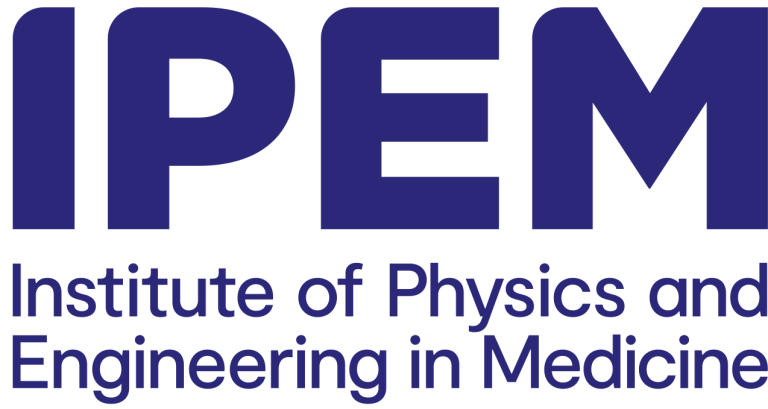
We are delighted to announce that Professor Dean Barratt has been elected as a Fellow of the Institute of Physics and Engineering in Medicine (IPEM) in recognition of his outstanding contribution to the fields of medical physics and biomedical engineering.
“I’m delighted to receive this award and would like to thank the many truly exceptional colleagues at UCL and its partner hospitals who I have had the pleasure of working closely with, and who have made our contributions to research, enterprise, and education possible.”
Prof Dean Barratt
Fellowships are awarded to those demonstrating scientific and professional attainment of outstanding merit, as an academic researcher, Dean has established an international reputation as a leading expert in the fields of computational medical image analysis and computer-assisted surgery, with a special interest in the use of ultrasound imaging to guide minimally-invasive medical procedures. His research over the past 15 years has been supported by a portfolio of research grant funding totalling £28M, including major awards from UKRI, the NIHR, and charities such as Cancer Research UK and the Wellcome Trust.
Recently, Dean led on the major research project, SmartTarget, which secured £2.3M from the Wellcome Trust/Health Innovation Challenge Fund (HICF). In collaboration with UCL Urologist, Professor Mark Emberton, this project focused on the development, validation, and clinical translation of a software-based system to enable high-accuracy targeting of prostate tumours during needle biopsy and minimally-invasive surgical cancer treatments.
Central to this system are patented machine learning algorithms for the spatial alignment of different types of medical image, developed by Dean’s research, which corrects changes in prostate size, shape and patient position between different scans automatically.
On behalf of everyone at UCL Medical Physics and Biomedical Engineering we would like to wish congratulations to Dean on this fantastic achievement!
Meet the expert
Prof Dean Barratt, Professor of Medical Image Computing
Dean Barratt is UCL Professor of Medical Image Computing with a specialist interest in the analysis of medical images. He is the Director of Studies for UCL Medical Physics & Biomedical Engineering, with responsibility for the delivery of the department’s undergraduate and taught postgraduate degree programmes (approximately 450 students), and is a senior academic member of the Wellcome / EPSRC Centre for Interventional and Surgical Sciences (WEISS) at UCL and the UCL Centre for Medical Image Computing (CMIC). He is the co-lead of the Computer Assisted Navigation Diagnosis and Intervention (CANDI) research group, which aims to explore new medical image analysis techniques, based on AI and other computational modelling technologies, and to support the detection, diagnosis, and treatment of disease. Prof. Barratt previously held a prestigious Royal Academy of Engineering Postdoctoral Research Fellowship and, drawing on his early career experience working in hospital environments, his research encompasses methodological and translational research, including the development and clinical validation of prototype clinical software and systems. He led the development and successful commercialisation of a system for guiding prostate needle biopsy and minimally-invasive treatments for prostate cancer, called SmartTarget. This work led to Prof. Barratt setting up a service to provide UCL researchers and spin-outs engaged in medical device development with resources to better understand and meet the regulatory requirements. This service now operates as a WEISS Centre initiative and currently provides dedicated support for 10 registered projects across UCL with applications ranging from therapeutic ultrasound treatment planning for neurological disorders to real-time hospital bed management in critical care scenarios, as well as informal support for many more.
Related News

 Close
Close


